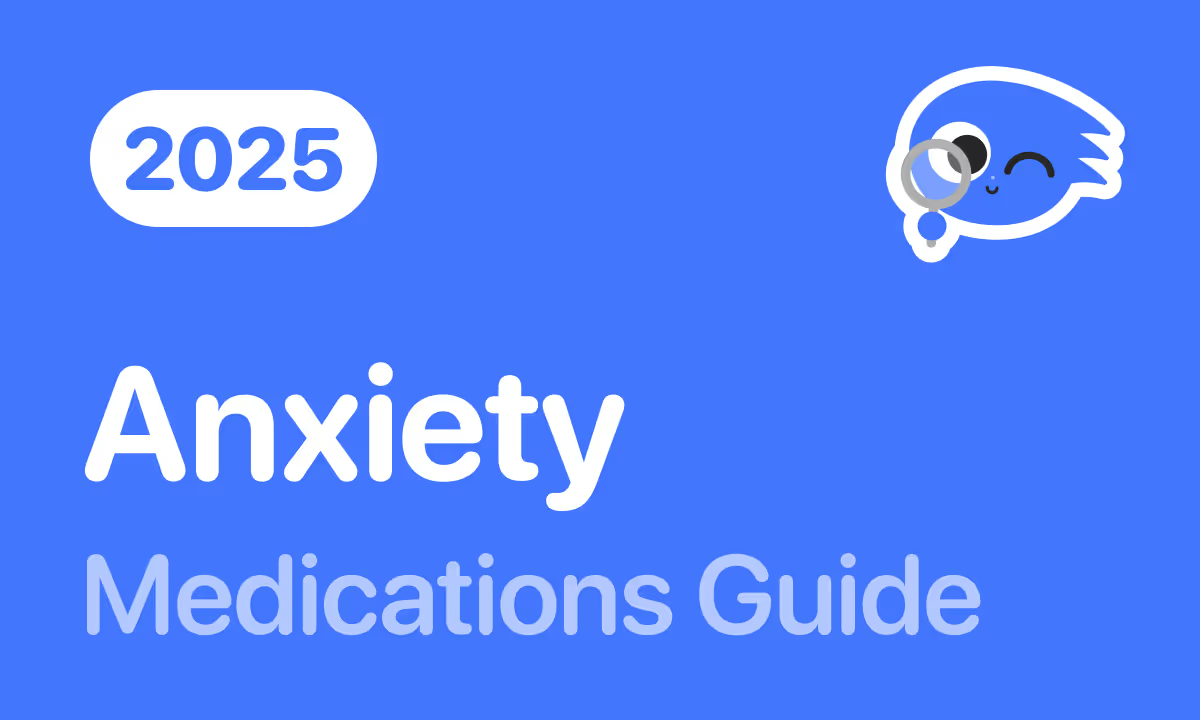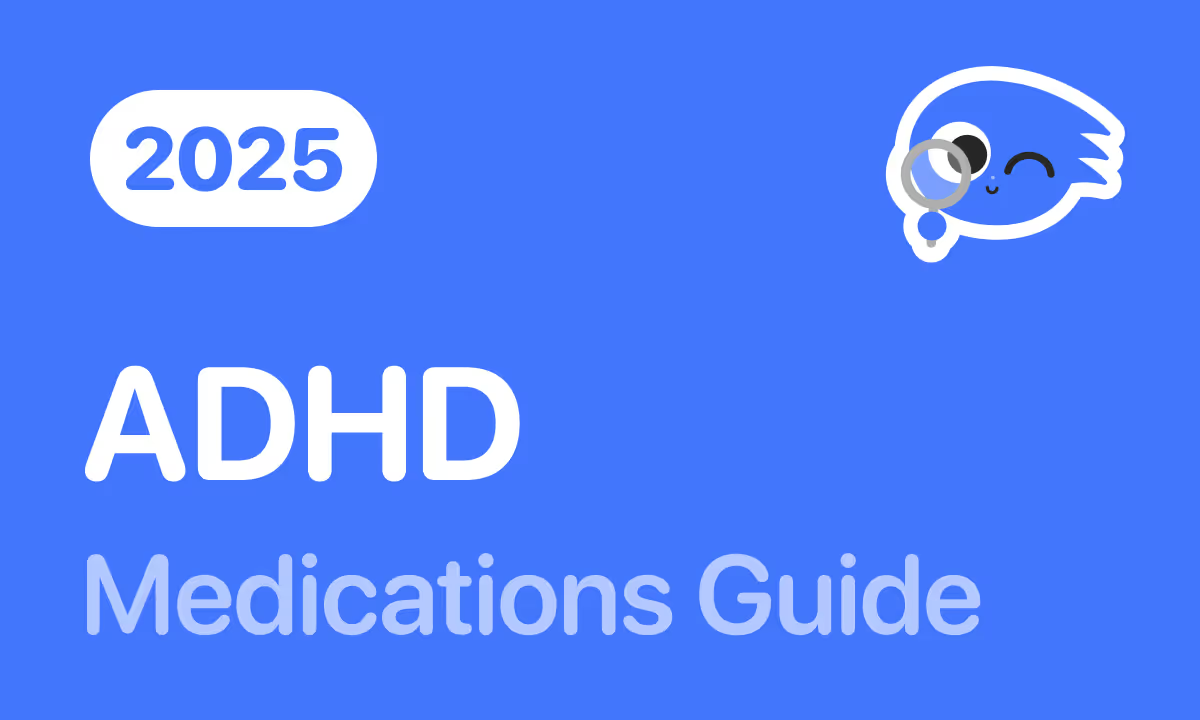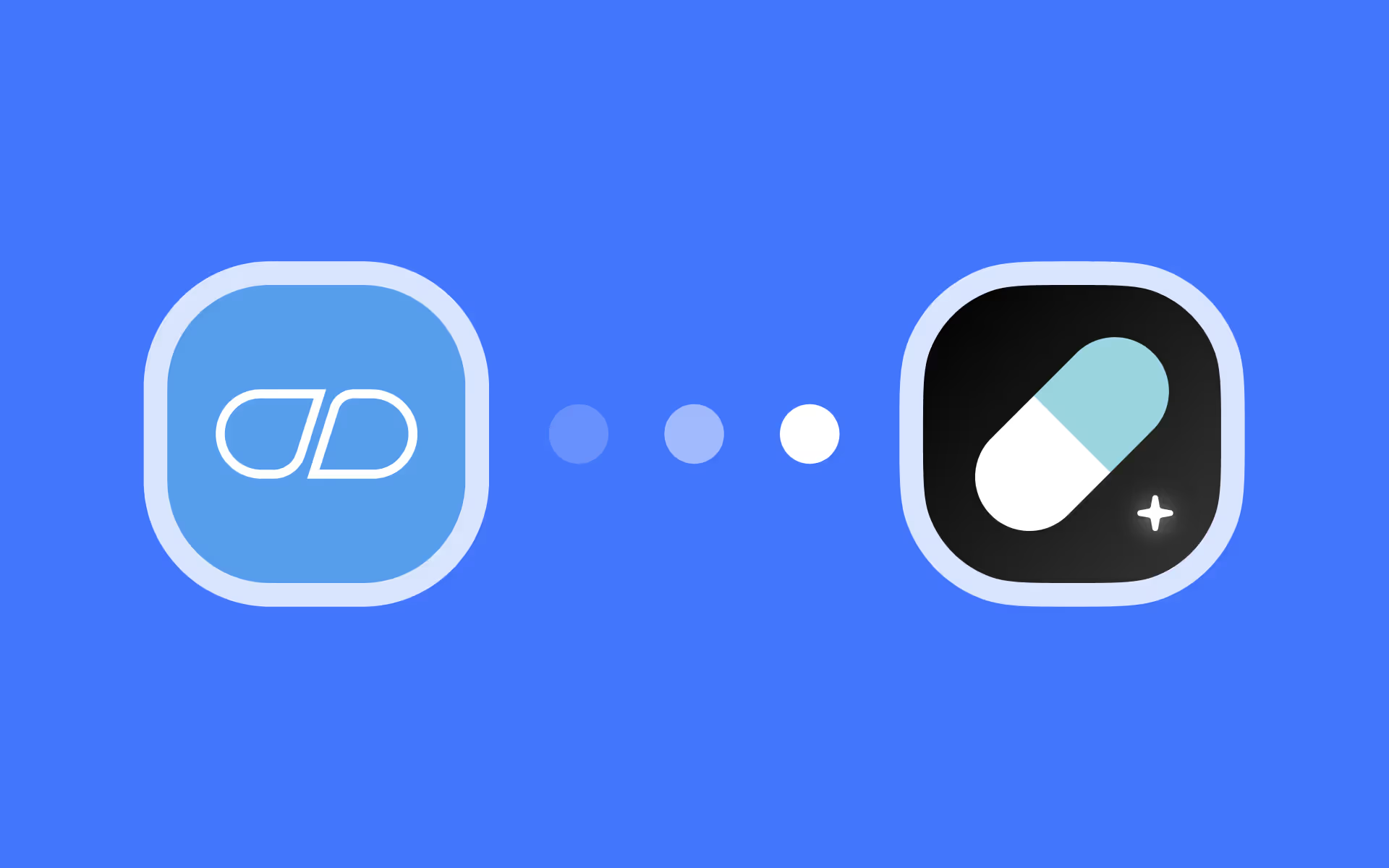Managing blood pressure is a lifelong commitment, especially for those diagnosed with hypertension (high blood pressure).
Blood pressure medication plays a critical role in keeping this condition under control, and stopping it abruptly can have significant consequences.
In this blog, we will explore the role of blood pressure medications, the potential repercussions of stopping them, and what steps to take if you've missed a dose or stopped taking them altogether.
What Blood Pressure Medications Do
Blood pressure medications, also known as antihypertensives, are designed to lower blood pressure and help prevent complications such as stroke, heart attack, kidney disease, and heart failure resulting from high blood pressure.
There are several types of blood pressure medications, and the following are a few of the more common types out of many others:
- Diuretics: Help the kidneys eliminate excess salt and water from the body, reducing blood volume and pressure.
- Beta-blockers: Reduce the heart rate and the amount of blood the heart pumps, thereby lowering blood pressure.
- ACE inhibitors and ARBs: Relax blood vessels by preventing the formation of a hormone that narrows them, thus reducing blood pressure.
- Calcium channel blockers: Prevent calcium from entering the heart and blood vessel cells, which relaxes and widens the vessels.
- Vasodilators: Directly relax the muscles in the blood vessel walls, making it easier for blood to flow through them.
These medications do not cure high blood pressure but help manage it.
Consistency in taking them is essential for maintaining control over your blood pressure and reducing long-term risks.

Living with High Blood Pressure
High blood pressure is often known as a "silent killer" because it can progress without obvious symptoms, yet it puts a strain on vital organs, leading to severe complications over time.
For individuals with high blood pressure, lifestyle modifications like a healthy diet, regular physical activity, and stress reduction are crucial.
However, adding blood pressure medication may also be needed to control blood pressure effectively.
Living with high blood pressure without proper treatment may result in:
- Increased risk of heart disease: Uncontrolled blood pressure forces the heart to work harder, potentially leading to heart disease, heart attacks, or heart failure.
- Stroke: High blood pressure can weaken blood vessels, increasing the risk of them rupturing or becoming blocked, leading to a stroke.
- Kidney damage: The kidneys rely on a healthy blood flow to function. High blood pressure can damage blood vessels in the kidneys, reducing their ability to filter waste effectively, which could lead to kidney failure.
- Vision loss: Hypertension can damage blood vessels in the eyes, leading to vision problems or even blindness in severe cases.
What Happens When You Stop Taking Medication?
Stopping blood pressure medication abruptly or missing multiple doses can lead to a range of serious health consequences.
Your body becomes accustomed to the medication, and without it, your blood pressure may spike, sometimes to dangerous levels.
Below are some of the key risks associated with discontinuing blood pressure medication:
- Rebound Hypertension: Many blood pressure medications, especially beta-blockers, can cause rebound hypertension, a sudden and severe increase in blood pressure when stopped. This spike can occur within days or even hours, depending on the medication.
- Heart Attack or Stroke: The increased blood pressure from discontinuing medication can heighten the risk of a heart attack or stroke. Over time, high blood pressure puts added stress on the heart and blood vessels, leading to a greater likelihood of life-threatening cardiovascular events.
- Kidney Damage: The kidneys rely on stable blood pressure to function efficiently. If blood pressure rises suddenly, the delicate blood vessels in the kidneys can be damaged, leading to chronic kidney disease or worsening of existing kidney conditions.
- Loss of Vision: The retina in the eyes can suffer from elevated pressure in blood vessels, which can lead to damage over time. In severe cases, this could result in hypertensive retinopathy, which affects vision and can lead to blindness if untreated.
- Risk of Peripheral Artery Disease (PAD): Stopping blood pressure medication can also increase the risk of PAD. This is a condition where the arteries that supply blood to the limbs narrow, which can cause pain, numbness, and increase the risk of infection and in some cases require amputation.

Why People Stop Taking Blood Pressure Medication
Several reasons may lead individuals to stop taking their blood pressure medications:
- Side effects: Some blood pressure medications cause unwanted side effects such as dizziness, chest pain, fatigue, or swelling, which can discourage people from continuing their use.
- Feeling fine: Because hypertension is often symptomless, many people may believe they no longer need the blood pressure medications once their blood pressure normalizes, not realizing that the medications are keeping it under control.
- Cost or accessibility: The cost of medications can be a barrier for some individuals, particularly if they do not have insurance coverage.
What to Do if You Miss a Dose
Missing a dose of blood pressure medication occasionally is not uncommon. Here’s what you should do if it happens:
- Take the missed dose as soon as you remember: If it’s close to your next scheduled dose, however, skip the missed one and return to your regular schedule. Do not double up doses.
- Monitor your blood pressure: If you miss a dose, keep an eye on your blood pressure to ensure it stays within a safe range.
- Contact your healthcare provider: If you're concerned about missing a dose or if you experience symptoms like headaches, dizziness, or chest pain, call your doctor.
- Utilize a medication tracker or reminder app: If you find that you're constantly forgetting or missing a dose, consider utilizing a medications tracker or reminder app to help prevent missed doses.

What to Do if You Stop Taking Blood Pressure Medication
If you've stopped taking your blood pressure medication for any reason, it’s essential to take action immediately.
Just because you don't feel the symptoms doesn't mean your blood pressure's no longer a health issue.
Here's what you should do:
- Contact Your Doctor: Let your healthcare provider know that you've stopped taking your medication. They will assess your current health and work with you to create a new treatment plan, which might include restarting the medication, switching to a different drug, or adjusting the dose.
- Avoid Abruptly Stopping on Your Own: If you are experiencing side effects or feel your medication isn't working, consult your doctor before stopping or changing your treatment. They may adjust your dosage or prescribe a different medication.
- Consider Lifestyle Changes: If you’re struggling with blood pressure medication, ask your doctor about non-drug options to support your treatment. While medications are often necessary, maintaining a healthy weight, reducing salt intake, and managing stress can also help lower blood pressure.
How to Better Manage Your Blood Pressure Medication
Managing blood pressure medication effectively is essential for maintaining good health and avoiding complications.
Here are some practical tips to help you stay on track with your medication:
- Create a Routine:
- Take your blood pressure medications at the same time every day, making it part of your daily routine. For example, take it when you brush your teeth or have your morning coffee.
- Use pill organizers to keep track of doses for the week.
- Set Reminders:
- You can utilize reminder apps or alerts on your smart phone to help keep track of your medications. There are many apps designed specifically for medication management.
- Write down your dosage schedule in a calendar or journal if you prefer physical reminders.
- Monitor Your Blood Pressure:
- Regularly check your blood pressure at home using a reliable monitor. Keeping track of your readings helps you see how well the medication is working.
- Share your readings with your doctor during follow-ups so they can adjust your treatment if necessary.
- Stay Organized with Refills:
- Set up automatic prescription refills or mark your calendar to refill before you run out.
- Many pharmacies offer delivery services or automatic refills, so you don’t have to worry about forgetting to pick up your meds.
- Combine Medications if Possible:
- Ask your doctor if there’s a combination pill that includes two different medications in one, making it easier to manage fewer pills each day.
- Avoid Drug Interactions:
- Some drugs can have adverse effects if taken with blood pressure medication. Consult your doctor to make sure it’s safe to mix certain drugs together.
- Utilize a drug interaction checker as a first line of defense if you do not have access to your healthcare provider.
By establishing good habits and maintaining open communication with your healthcare provider, you can better manage your blood pressure medication and improve your overall health.

Long-Term Consequences of Untreated High Blood Pressure
Without proper treatment, high blood pressure can have devastating effects on multiple organs and bodily systems. Long-term consequences include:
- Aneurysms: Constant high blood pressure can weaken the walls of arteries, leading to the formation of aneurysms, which can rupture and cause life-threatening bleeding.
- Cognitive decline: High blood pressure over time can reduce blood flow to the brain, leading to cognitive impairment, memory loss, and an increased risk of dementia.
- Sexual dysfunction: High blood pressure can also interfere with sexual function in both men and women due to reduced blood flow to reproductive organs.
Conclusion
It's surprisingly common to see people prematurely stop taking medications under the false belief that they've overcome their disease.
But with blood pressure, doing this can have serious and potentially life-threatening consequences.
If you miss a dose or stop taking your medication, contact your healthcare provider immediately to get back on track or to find out if you've really gotten better.
Managing high blood pressure is not an easy task, but by staying on top of your treatment plan, managing your medications, and working with your doctor, you can significantly reduce your risk of complications and live a healthier life.





